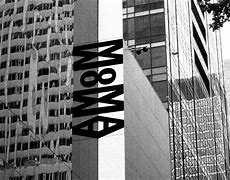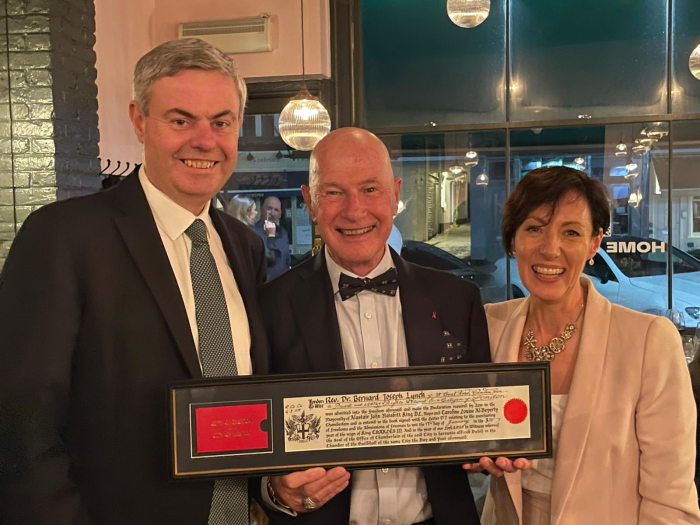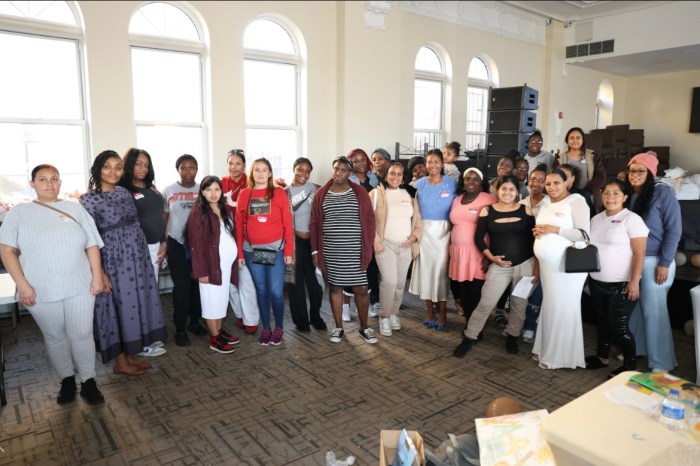
The Museum of Modern Art Presents Buñuel in Mexico

The Museum of Modern Art will be screening films from Luis Buñuel’s Mexican period with the film series Buñuel in Mexico. Luis Buñuel’s Mexican period is often treated as a parenthesis between the avant-garde outrages of his early European work (Un Chien Andalou, L’Age d’or) and the immaculate late masterpieces (Belle de jour, The Discreet Charm of the Bourgeoisie). But it was in Mexico that Buñuel became a filmmaker, mastering the technical side of the medium and learning to negotiate the conflicting demands of a popular medium.
Buñuel’s time making films in Mexico—from Gran Casino (1947) through Simon of the Desert (1965)—coincided with Mexican cinema’s most prosperous and prestigious period, the epoco de oro that found Churubusco Studios a credible alternative to Hollywood. Far from being the lone European sophisticate in a sea of local amateurs, Buñuel found himself working alongside such accomplished filmmakers as Roberto Gavaldon, Julio Bracho, and Emilio Fernandez. While Buñuel was able to introduce some films—such as Los Olvidados (1950) and The Exterminating Angel (1962)—to the international festival circuit, the greater part of his production was made for local audiences and created in popular genres, such as the ranchero musical, the folk comedy, the domestic melodrama, and even a marginal horror movie (though Buñuel never met the Aztec Mummy, alas).
With his private, obsessional themes drifting in and out of popular entertainments, Buñuel often seems to be subverting the narratives he has been assigned as in El, in which Mexico’s most elegant leading man, Arturo de Cordova, finds himself struggling with sexual desires he himself seems not to understand. At other times, as in Nazarin, Buñuel seems preoccupied by the spectacularly harsh landscape of his adopted country, aided by the great cinematographer Gabriel Figueroa as he evokes an ancient, pre-Columbian past.
Organized with the invaluable assistance of Daniela Michel and Chloe Roddick of the Morelia International Film Festival, this program consists of 19 of the 21 films Buñuel made in Mexico (two French-language productions, La fièvre monte à El Pao and Cela s’appelle l’aurore, were unavailable), mostly in newly restored 35mm prints from the Mexican archives, La Cineteca Nacional, and La Cineteca de la UNAM.











